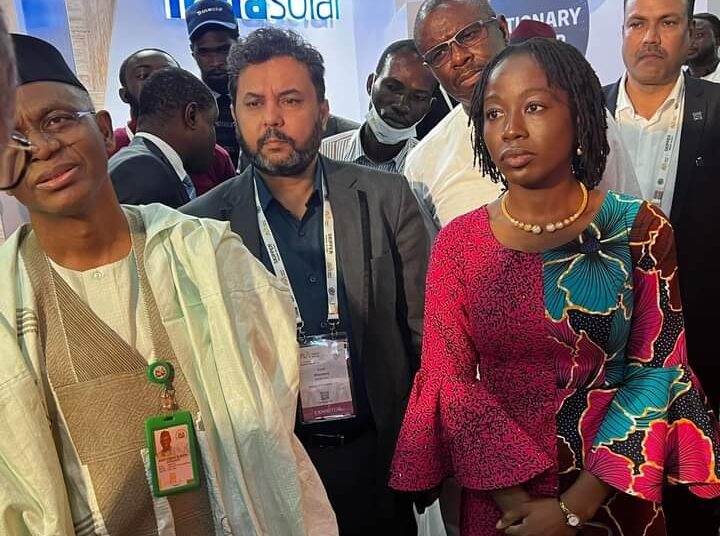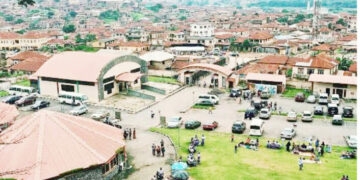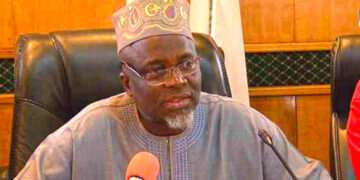Governor Nasir El-Rufai has disclosed that the Northern States Governors’ Forum has incorporated a Special Purpose Vehicle (SPV) to build 100MW solar plants across the 19 states and the Federal Capital Territory (FCT).
El-Rufai further disclosed that the SPV will have an initial total capacity of 2,000MW, that may be expanded to 4,000MW.
The governor added that Kaduna state has already provided the land for its own 100MW solar farm to be developed under this initiative, in addition to 10 other northern states.
According to El-Rufai, these 2,000MW are expected to be mostly off-grid to avoid over-burdening Nigeria’s perennially national weak transmission network.
El-Rufai who spoke on Nigeria’s power sector at the 9th edition of the Nigeria Energy Conference held in Lagos on Wednesday, disclosed that Kaduna, Lagos and Edo states are drafting legislation for a state electricity regulator.
The governor said that Kaduna state is also ‘’ building two 100MW and one 50MW grid-connected solar power plants with private sector partners.
‘’We have also conducted preliminary surveys and mapped out over 8,000 off-grid communities who are ready to partner with private solar developers to provide smart and reliable mini-grids to energize their livelihoods,’’ he added.
El-Rufai said that his administration ‘’ has also acquired two gas-powered turbines for an 84MW thermal power plant, and they are expected to be shipped into the country shortly.
‘’This will add to the existing capacity for power generation in the state, through the 215MW plant in Kudenda and the 30MW from the Gurara dam, both owned by the federal government. We are in discussions with the federal government to concession these two power plants to our Kaduna Power Supply Company,’’ he added.
The governor pointed out that ‘’all the streetlights and the traffic lights deployed under the Urban Renewal Programme are solar-powered, and they use Light Emitting Diodes (LEDs) instead of the traditional high-energy lamps.’’
‘’Some of our primary health care facilities are enjoying the 2.3MW of solar systems deployed by the Kaduna State Power Supply Company (KAPSCO) which is adding another 1.3MW for these centres.
‘’Our schools are also being supplied with electricity using mini-grids under a programme financed by a line of credit from the Government of India,’’ he further said.
El-Rufai also said that ‘’Kaduna state is also investing in transmission and distribution assets to expand capacity. Examples of this include the 2x60MVA transmission substation built to serve our Green Economic Zone, located off the Kaduna-Zaria expressway, and over 100 distribution transformers being deployed in partnership with Kaduna Electric Distribution Company.’’
The governor noted that the 1999 constitution actually allows the involvement of the subnationals in the electric power sector, but unfortunately limited it to areas that are not connected to the national grid.
He commended the National Assembly’s decision to expand the powers of that the constitution vests on states regarding electricity, adding that giving them right to establish individual electricity markets will open up the power sector.
‘’Many governors understand that the states of the Northwest and Northeast zones have comparative advantage in electricity production using renewables, in particular solar, wind and hydro.
‘’In addition to renewables, the Northcentral zone is also well positioned to generate power from coal. The southern states are closer to the main gas supply sources and are thus in a position to generate more from thermal sources like coal and gas, in addition to, a lesser extent renewables like solar and wind,’’ he added.





